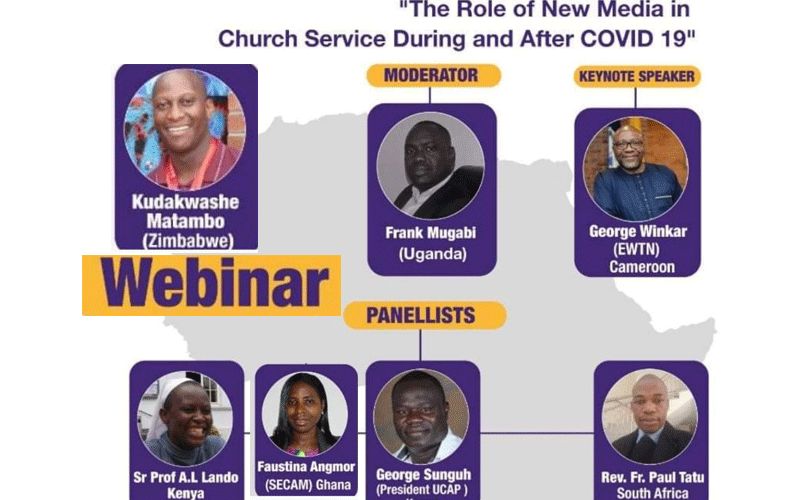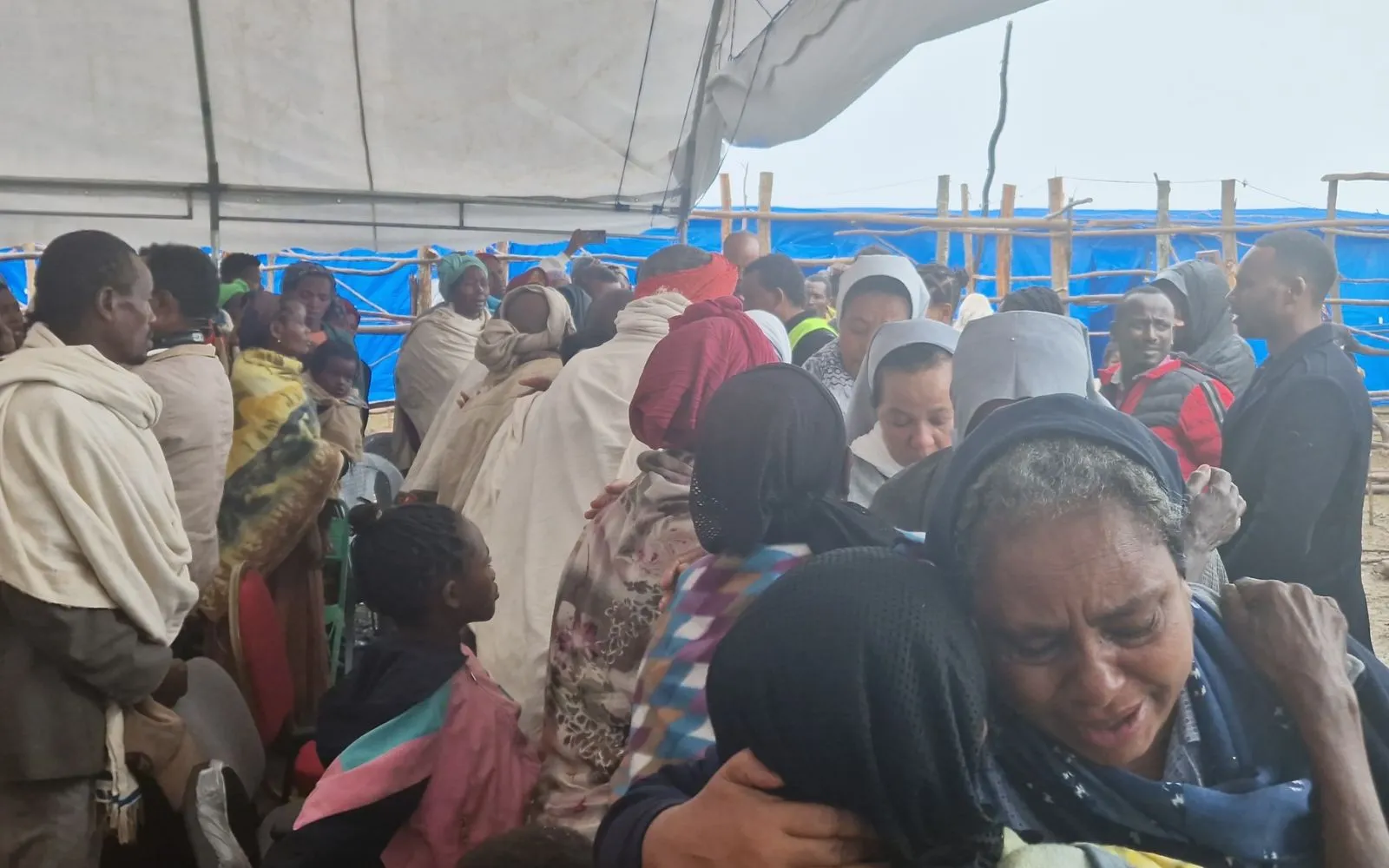Nairobi, 26 June, 2020 / 10:30 pm (ACI Africa).
At a virtual session aimed at exploring ways the media can best serve the Church in Africa amid COVID-19 challenges, panelists have underscored the need to train members of the Clergy in appropriate ways of engaging social media for effective evangelization.
One of the five panelists, Sr. Agnes Lucy Lando, said the training in social media is geared toward their “rightful use” lest they become “a destruction.”
“It is clear that new media is fronting various opportunities that the Church should grab for evangelization. It is Biblical; it is Christian and Christ-like and we should not be afraid to use the new and emerging media for evangelization,” Sr. Lando, a member of the Congregation of the Sisters of Mary of Kakamega in Kenya, said during the Friday, June 26 webinar.
She added, “Social media has come in handy as an intervention to bring unity, communion between Christians and the Church leadership.”
“If we do not train both in content and use, then we might not use the new media appropriately,” Sr. Lando who was recently appointed the Director of Research and Postgraduate Studies at the Kenya-based Daystar University cautioned.








